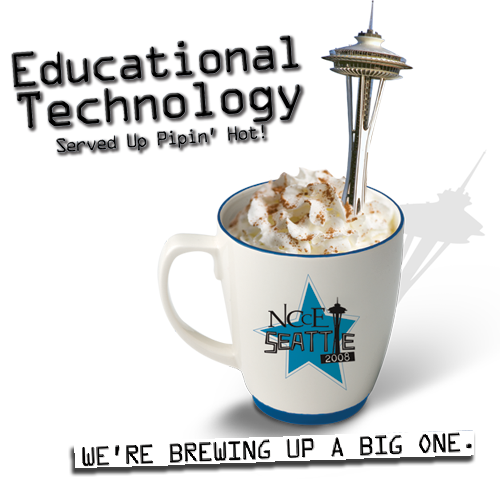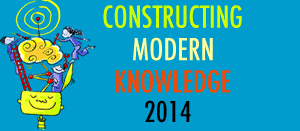This weekend I’ll be in San Diego as an invited speaker at the National School Board Association (NSBA) conference. I’m not sure I realized how relevant it would be when I proposed Successful, Sustainable Strategies for Technology Integration and Tech Support in a Tough Economy as my topic last year.
I’ll be focusing on 5 strategies that create strong local communities of practice around the use of technology. All of these strategies include students as part of the solution. They are:
- Technology literacy for all - Creating an expectation that modern technology will be used for academics, schoolwork, communication, community outreach, and teaching. A key success factor is teaching students how to support their peers as mentors and leaders.
- Student tech teams - The 21st century version of the old A/V club, this strategy expands the definition of tech support from fixing broken things to also include just-in-time support of teachers as they use new technology. This digital generation is ready, willing and able to help improve education, we just need to show them how.
- Professional development 24/7 - The old idea that teachers would go off to one workshop or a conference and immediately start using technology has been proven wrong. Truly integrated technology use requires a bigger change than that, and it doesn’t happen overnight. Teachers require more support in their classrooms that they can count on when they need it. Students can help provide teachers with this constancy and supportive community.
- Students as stakeholders - Whenever schools initiate new technology programs, there is typically a call for all stakeholders to be included. Parents, teachers, staff, board members, and members of the community are invited to participate — but rarely students. Even though students are 92% of the population at the school, and are 100% of the reason for wanting to improve education, their voice goes unheard. Students can bring passion and point-of-view to the planning and implementation of major technology initiatives. They can be allies and agents of change, rather than passive objects to be changed.
- Students as resource developers - Students can help develop the resources every teacher and student needs to use technology successfully. These resources can be help guides, posters, instructional videos, school websites, or teacher home pages. Students of all types can use their talents to build customized resources for their own school. Artists, actors, and techies can contribute to this process.
Building a self-sufficient community of technology users means that whenever possible, you build home-grown expertise and local problem-solving capability. This is the high-tech equivalent of a victory garden, only with teachers and students all growing their own capabilities with each other’s help.
In this tough economy, no one can afford to ignore the potential students have to help adults solve the problems of technology integration and support. Students are there, they just need adults to teach them how to help, and then allow them to help.
And after all, aren’t these the 21st century skills everyone talks about? Like solving real problems, learning how to learn, collaboration, and communication? How real is the problem of technology integration, and how foolish of us to overlook students as part of the solution, especially when the reciprocal benefits to the students are so great.
Sylvia
PS - For a look at how these strategies can be applied in laptop schools, download my new whitepaper - Student Support of Laptop Programs. (16 page PDF)

 We’re all excited to be going to NCCE 2008 February 25-29. NCCE is the educational computing conference for the Northwest United States. If you are going, be sure to say hello!
We’re all excited to be going to NCCE 2008 February 25-29. NCCE is the educational computing conference for the Northwest United States. If you are going, be sure to say hello!